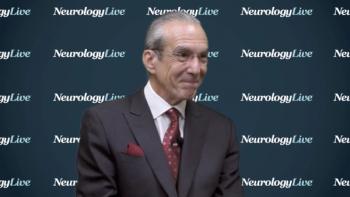
The director emeritus of the Cleveland Clinic Lou Ruvo Center for Brain Health and vice chair of the department of brain health at the University of Nevada Las Vegas spoke about therapies under investigation for the treatment of Alzheimer disease.

The director emeritus of the Cleveland Clinic Lou Ruvo Center for Brain Health and vice chair of the department of brain health at the University of Nevada Las Vegas spoke about therapies under investigation for the treatment of Alzheimer disease.
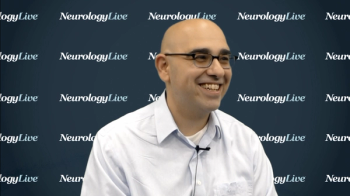
The assistant professor and cognitive neurologist at the University of Pennsylvania Frontotemporal Degeneration Center will share additional insights on Alzheimer disease at the upcoming International Congress on the Future of Neurology, taking place September 27-28, 2019 in New York City.

Neurology News Network for the week ending August 10, 2019.

The associate professor of neurology and medical director of the epilepsy monitoring unit and Penn epilepsy surgical program at the University of Pennsylvania discussed the findings of a single-center review of off-label clobazam use for patients with drug-refractory epilepsy.

The associate professor of neurology and medical director of the epilepsy monitoring unit and Penn epilepsy surgical program at the University of Pennsylvania shared insight into the prioritization of women with epilepsy who may intend to get pregnant.
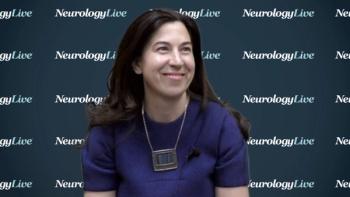
The attending neurologist at the Montefiore Headache Center and assistant professor of neurology at the Albert Einstein College of Medicine spoke about preventive treament for perimenstrual-related migraine.

The clinical neuropsychologist and head of the School of Psychological Sciences at the University of Melbourne discussed the results of a study she and colleagues conducted in which they mapped the long-term social outcomes of patient post-epilepsy surgery.

The CEO and co-founder of Theranica discussed the migraine treatment device’s mechanism of action and its successes in reducing medication overuse headache.

The clinical neuropsychologist and head of the School of Psychological Sciences at the University of Melbourne detailed how the transition from states of illness to wellness after epilepsy surgery can result not just in brain changes, but psychosocial challenges for patients.

Neurology News Network for the week ending August 3, 2019.
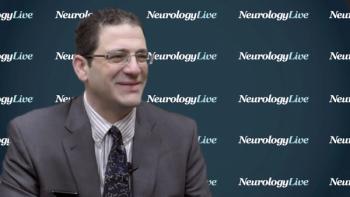
The program director of neurology at the Zucker School of Medicine, Northwell Health, spoke about the great advances of the new CGRP medications available for the prevention of migraine.

The clinical neuropsychologist and head of the School of Psychological Sciences at the University of Melbourne spoke about what physicians need to provide to help patients through the adjustment period after epilepsy surgery.

The clinical neuropsychologist and head of the School of Psychological Sciences at the University of Melbourne discussed the early-stage research into neurorehabilitation post-epilepsy surgery, and the promise it might hold to address surgery’s long-term risks.

After its recent FDA clearance, the smartphone-controlled Nerivio Migra makes its entrance into the market in the fall. Theranica’s CEO and co-founder spoke to its clinical efficacy and advantages for patients and physicians.
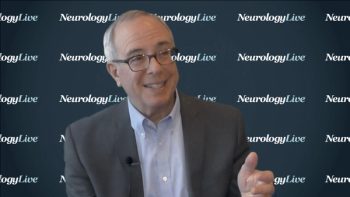
The director of the Jefferson Comprehensive Epilepsy Center discussed what’s currently being developed in the treatment of epilepsy, as well as the emergence of different methods of stimulation and neuromodulation.
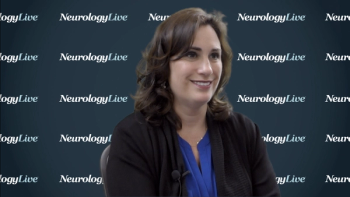
The clinical professor of neurology at Albert Einstein College of Medicine spoke to the findings of the OVERCOME study, and how recent literature has suggested that improper prescriptions and medication use in migraine have been ongoing in spite of the current recommendations.
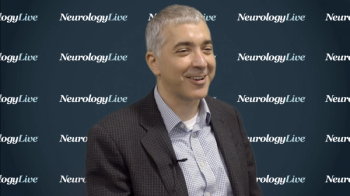
The co-director of the University of Pennsylvania Memory Center will share additional insights on Alzheimer disease at the upcoming International Congress on the Future of Neurology, taking place September 27-28, 2019 in New York City.

The director of the MedStar Georgetown Headache Center discussed the barriers to patient and clinician education in migraine and the gap in available interventions for the diverse patient population.

The director emeritus of the Cleveland Clinic Lou Ruvo Center for Brain Health and vice chair of the department of brain health at the University of Nevada Las Vegas spoke about therapies under investigation for the treatment of agitation and psychosis in Alzheimer disease.

The professor and chief of pediatric neurology at Le Bonheur Children’s Hospital and the University of Tennessee Health Science Center discussed the decision-making process for choosing interventions for patients with epilepsy, and how to keep patients adherent.
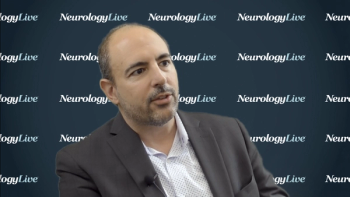
The chief medical officer of electroCore discussed the various data which have been published on the use of noninvasive vagus nerve stimulation in different populations of patients with migraine and headache.

The director of headache medicine and chief of general neurology at Yale Medicine discussed the long-term success the new preventive migraine therapies have shown thus far, and how the lack of safety concerns will improve how they’re utilized.
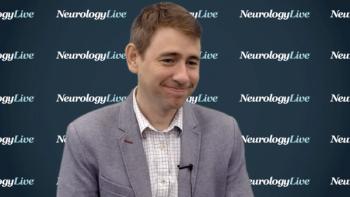
The associate professor of neuroepidemiology and digital health spoke about the importance of findings from an observational study which showed that adherence to a healthy lifestyle can offset the genetic risk for dementia.

The clinical professor of neurology at Albert Einstein College of Medicine discussed the referral process for patients with migraine and which patients may be too complex for the limited time primary care physicians have.

This week’s edition features highlights from NeurologyLive’s coverage of the American Headache Society’s annual scientific meeting.

The professor of neurology, neurotherapeutics, and ophthalmology at UT Southwestern discussed the need to better coordinate care between providers when telemedicine is being utilized in headache and migraine care.

The professor and chief of pediatric neurology at Le Bonheur Children’s Hospital and the University of Tennessee Health Science Center spoke about the concerns of uncontrolled epilepsy and how to determine if a patient requires more than one treatment for their epilepsy.
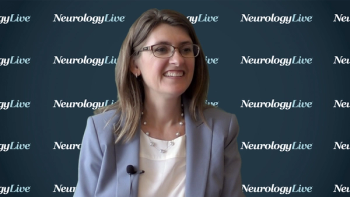
The pediatric neurologist and epilepsy specialist at Children’s Hospital Colorado discussed the popularity of cannabidiol from coverage in the media, and how she sees its use—and the understanding of it—evolving in the coming years.
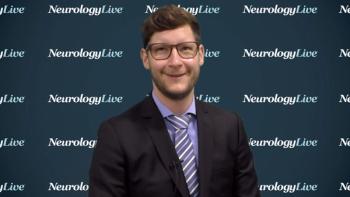
This data demonstrates that patients with Alzheimer disease are at an increased risk for seizures, in particular in more advanced disease stages, which emphasizes a need for seizure history assessment to inform individual therapeutic decisions and the necessity of systematic treatment studies.

The director of the MedStar Georgetown Headache Center spoke about the higher-than-desired rates of opioid prescriptions for patients with migraine, and how new treatment options and provider education can help lower those numbers.